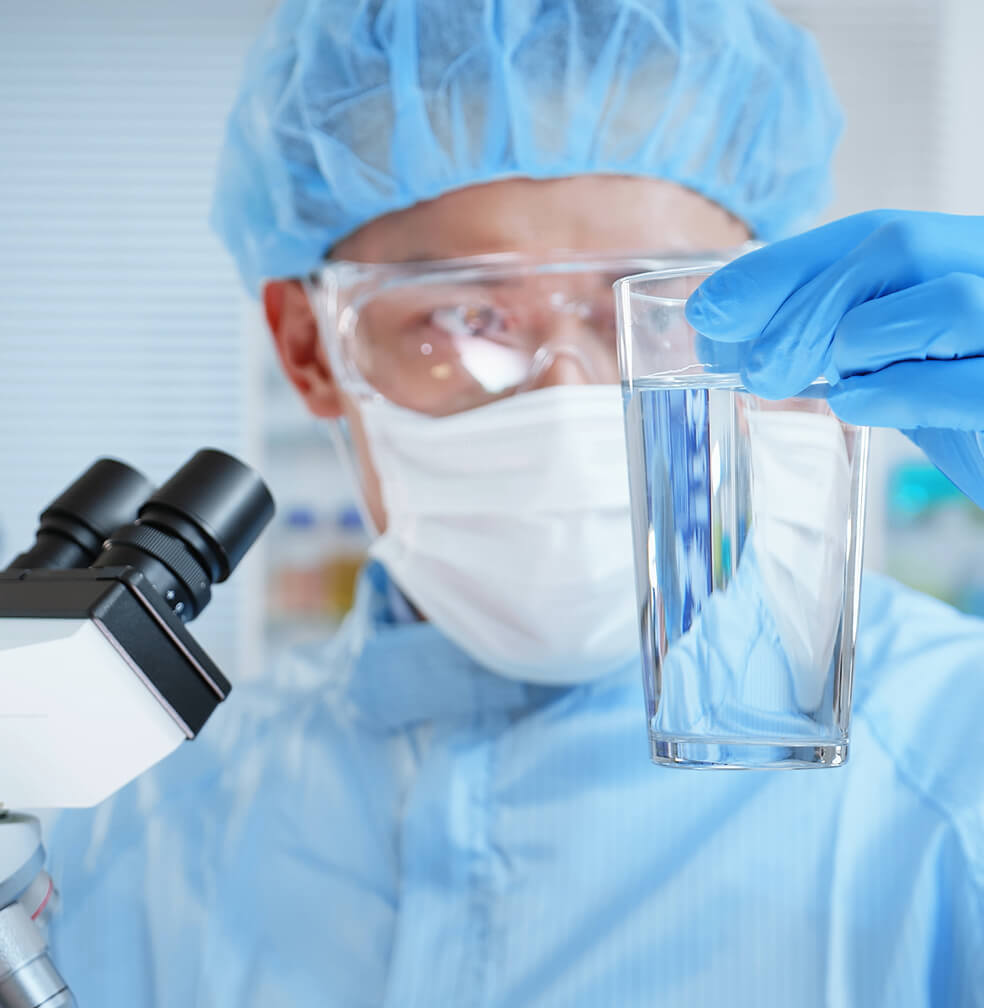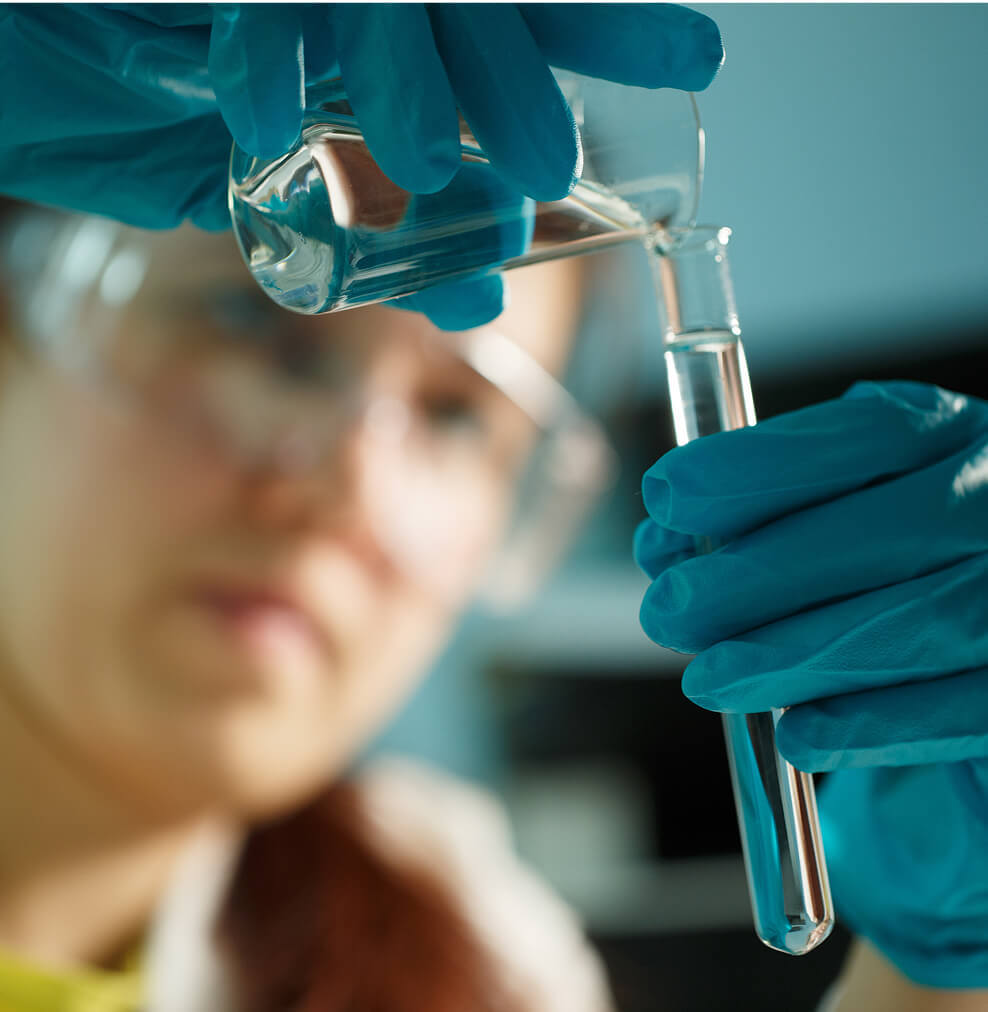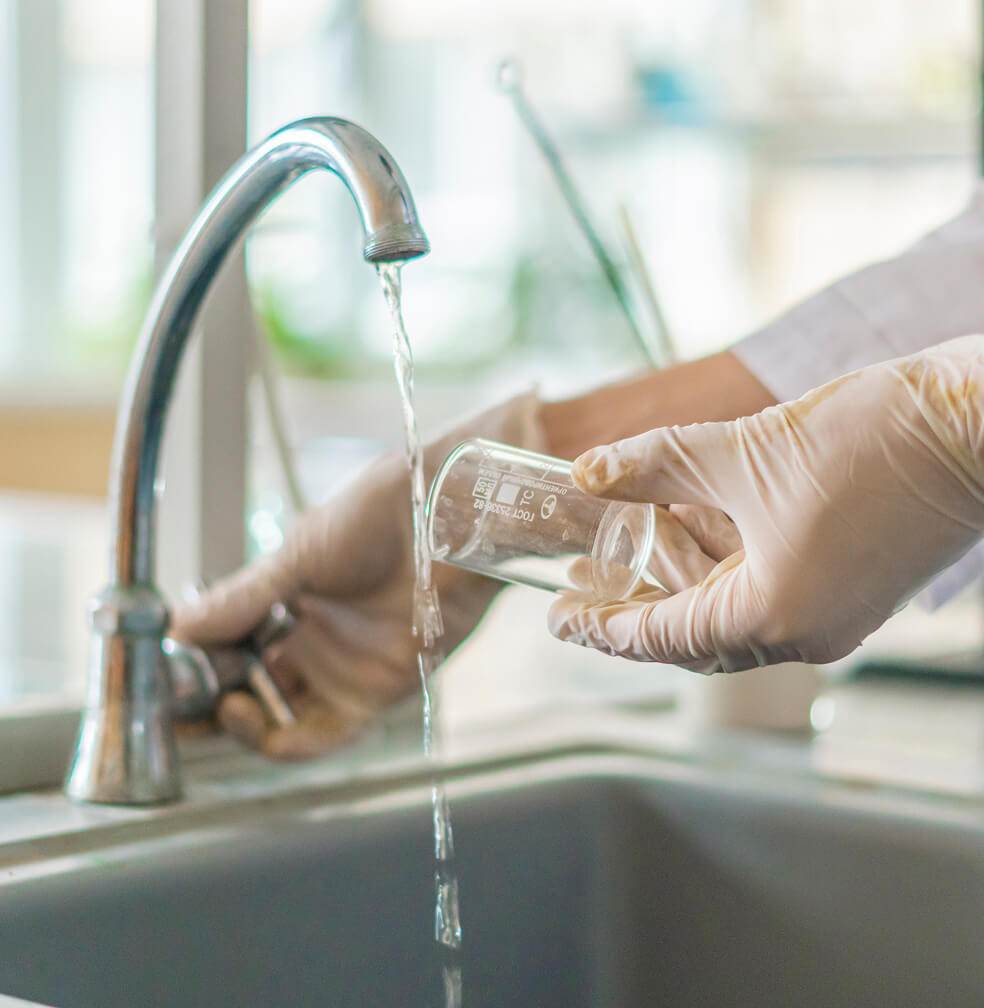SHOWING ITEMS 1-15 of 427
-

Millipore CPMB01202, Ion-Ex Polishing Cartridge 30cm (12''), 2 per Pack
MSRP: $506.00Your Price: $480.70 -

Millipore EQ70XXPKIT Milli-Q® EQ 7008/16 Purification Cartridge Kit
MSRP: $2,600.00Your Price: $2,340.00 -

Millipore IQ70XXPKIT Milli-Q IQ 7003-5 Purification Kit
MSRP: $2,550.00Your Price: $2,295.00 -

Millipore IQ700XPKIT Milli-Q IQ 7003-5 Purification Kit
MSRP: $2,440.00Your Price: $2,313.00 -

Millipore IPAKGARDH2 IPAK Gard 10-15 Pretreatment Pack
MSRP: $1,420.00Your Price: $1,296.00 -

Millipore IPAKGARDH1 IPAK Gard 3-5 Pretreatment Pack
MSRP: $1,250.00Your Price: $1,143.00 -

Millipore IPAKGARD2 IPAK Gard 10-15 Pretreatment Pack
MSRP: $1,420.00Your Price: $1,296.00 -

Millipore IPAKGARD1 IPAK Gard 3-5 Pretreatment Pack
MSRP: $1,250.00Your Price: $1,143.00 -

-

-

-

-

-

-

Types of Filter Media Used in Laboratory Water Systems
Different lab processes require different water purity levels, and the filter media type directly affects system performance.
Laboratory water filters typically use mixed-bed resins, activated carbon, and polypropylene sediment media.
While mixed-bed resin works well in deionization systems, activated carbon removes chlorine and organic compounds. Finally, sediment filters capture particles that could disrupt flow or damage downstream components.
Choosing the correct configuration depends on lab protocols, water source quality, and required purity grades.
At Serv-A-Pure, we’re here to supply you with replacement filters compatible with major lab water systems and answer any questions you have.


Choosing Laboratory Water Filters by Application Type
Lab water filter needs vary depending on how you use the water. Specific applications demand different purity levels, flow rates, and filtration stages. Thus, understanding the primary function of the water helps narrow down which lab water filter setup is best.
Some of the most common uses for laboratory water filters include:
- Research Testing and Analysis: Filters maintain low conductivity and remove particles that could interfere with results
- Clinical and Pharmaceutical Labs: High-grade water is essential for reagent prep and compliance with purity standards
- Analytical Instrumentation: Deionized and ultrapure water systems prevent contamination in equipment like HPLC, spectrophotometers, and mass spectrometers
- General Lab Services: Applications such as glassware rinsing, media prep, and autoclave feed require consistent purity across Type II/Type III water systems
Selecting a filter based on application ensures lab protocols remain consistent and reproducible.
How to Replace Your Laboratory Grade Water Filters for Consistent Results
Replacing laboratory water filters on schedule ensures water purity stays within required limits and prevents downtime due to clogged or degraded components.
Different lab water systems require different filter types and timelines, so following manufacturer recommendations is essential.
Here are some quick steps for replacing a lab water filter:
- Review System Specs: Identify the system model and match your unit's filter type, size, and media.
- Shut Down the System: Cut the water supply and power off to avoid leaks or electrical hazards.
- Remove Old Filter: Unscrew or release the cartridge housing, then safely dispose of the used filter.
- Install Replacement Filter: Insert the new filter, align it correctly, and secure the housing according to the manufacturer's instructions.
- Flush the System: Run water through the system to clear any trapped air or loose particles before resuming use.
- Record the Date: Log the replacement date to maintain a consistent filter schedule.
Routine replacement keeps filtration efficiency high and ensures lab protocols can proceed without unexpected interruptions.

Why Serv-A-Pure?
Serv-A-Pure holds over 78 years in water purification, operating as a third-generation family business since 1946. As a certified Viqua UV system installer, the company supplies trusted filtration solutions built for accuracy and consistency.
Serv-A-Pure partners with leading brands such as Millipore and offers expert support to help labs maintain water quality and compliance. Our long-standing reputation comes from reliable service, product knowledge, and proven performance across various lab environments.
With us and our laboratory water filter solutions, you know you’re in good hands.
FAQs About Laboratory Water Filters
Get more of your lab water filter maintenance questions answered through our FAQs below.
How do I know when to replace my lab water filter cartridge?
Track the filter’s flow performance or refer to system specifications. On whole-house or point-entry units, a pressure drop of around 15 psi signals it’s time to change the cartridge. For lab water systems, watch flow rate and clarity: significant reduction in flow or visual changes means you should replace the filter.
What micron rating suits laboratory water applications?
Micron ratings indicate particle removal size. Lab systems often need fine filtration (1-5 microns) for equipment protection and sample integrity. Systems with high micron filters handle only gross debris and may not maintain necessary lab-grade purity.
Are lab water purification systems easy to maintain?
Yes! Most modern lab-grade deionization systems offer straightforward upkeep. Their filter cartridges are easy to access and swap. Choosing a system with a user-friendly design and reliable supplier support, like Serv-A-Pure, helps ensure continuous purity with low operational disruption.
Get Technical Support for Laboratory Water Filter Solutions
Contact the Serv-A-Pure team if you need help selecting a replacement filter, verifying compatibility, or maintaining your lab water system. Our in-house experts will guide you through product options and application requirements.
Get accurate answers, fast support, and high-quality laboratory water filters today.
Contact Our Team Here

